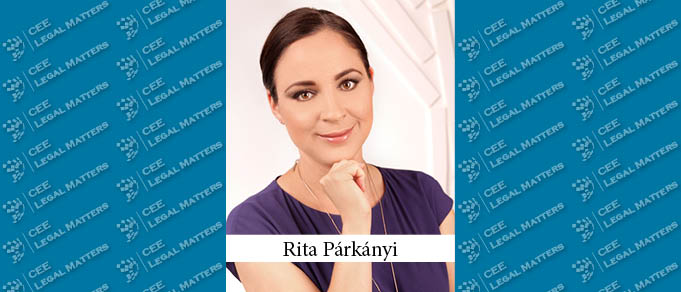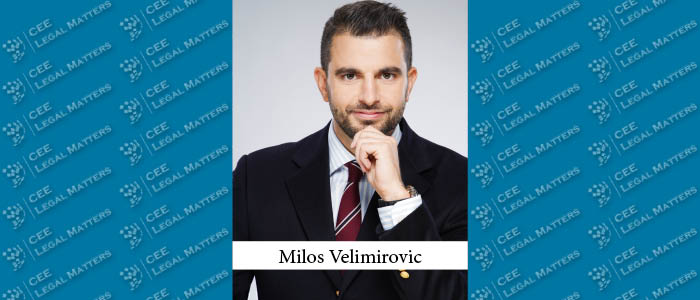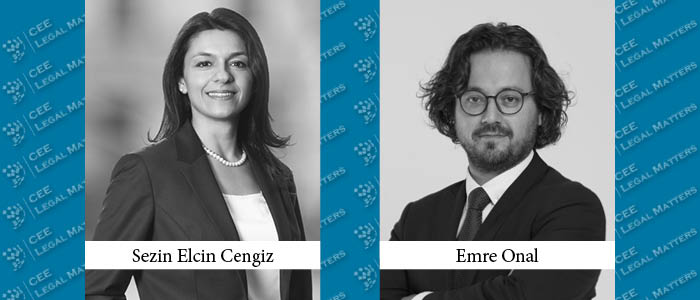New technologies, spearheaded by artificial intelligence, are shaping the legal dialogue surrounding innovation, consumer protection, and the integrity of market competition within Hungary and the European Union as a whole according to KCG Partners Founding Partner Rita Parkanyi.
"The sheer pace at which new technologies are entering the market fascinates me," Parkanyi begins. "As consumers, we're on the frontline, witnessing the speed of this evolution; yet, from a legal perspective, it's equally intriguing to observe how EU regulation adapts to these changes." As Parkanyi puts it, there is a need to balance innovation with consumer protection and market fairness in this dynamic field.
In the EU, "the AI Act is nearing its final stages and aims to set a precedent by introducing global standards for AI use," Parkanyi continues. "This monumental effort is akin to the introduction of the General Data Protection Regulation, focusing on a risk-based approach to ensure security, respect human rights, and foster innovation. It's a significant legal undertaking, shaping the future of AI regulation," she stresses.
Moreover, Parkanyi reports that "the Hungarian Competition Authority has initiated a market analysis to assess the impact of AI technologies. This research is crucial as it explores the dual aspects affecting both consumers and market players," she says. One of the concerns is the potential threat to competition in the digital sector, "especially since AI technologies require extensive data sets, which only a few tech giants possess," Parkanyi explains. "This concentration of resources could lead to market monopolization. Furthermore, the authority is investigating advertising practices that may exploit consumers through AI tools, elevating the need for vigilance and informed consumer choices."
Parkanyi says that she anticipates this analysis will wrap up by the summer of 2024. "The process, expected to take about six months, involves engaging with market players, analyzing the practices of Hungarian companies, and reaching out to major tech firms. The aim is to understand the broader implications of AI on competition and consumer protection, guiding potential regulatory responses," she explains.
"The investigation into Microsoft's Bing is fascinating as it exemplifies the scrutiny AI services undergo," Parkanyi says. "The focus is on whether the information provided to users is sufficiently detailed, emphasizing the importance of transparency and the quality of information customers receive. This inquiry reflects broader concerns about how AI technologies are deployed and communicated, highlighting the need for clear, accessible information to empower users," Parkanyi concludes.


























